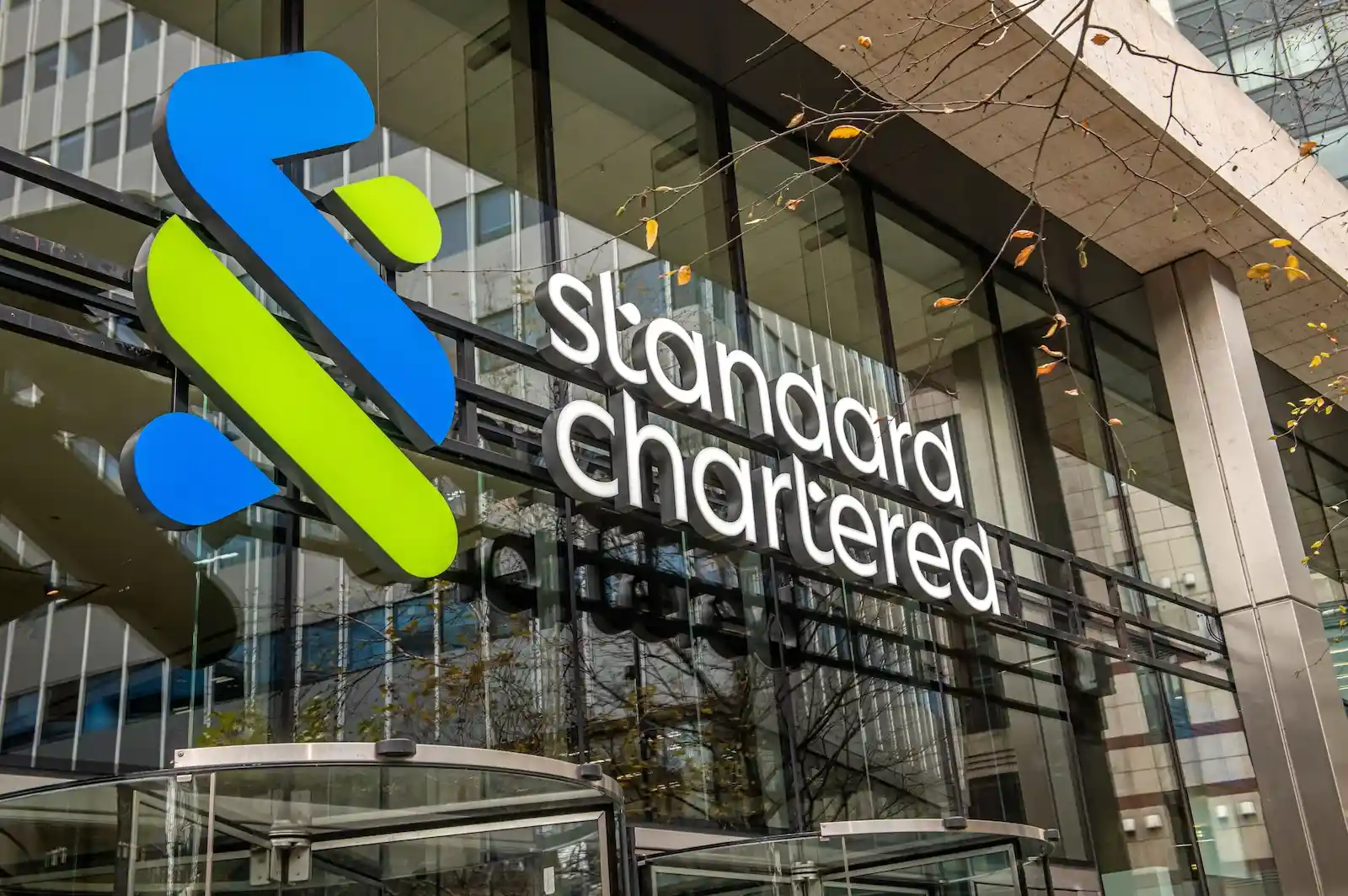The Kenyan government’s Affordable Housing Board has revealed that Ksh46 billion from the housing levy contributions has been invested in short-term government securities, a move aimed at maximizing returns on the collected funds as construction projects face delays. This figure represents a more than double increase from the Ksh20 billion invested in Treasury Bills (T-Bills) in early 2024, raising both questions and concerns regarding the implementation of the Affordable Housing Programme (AHP).
The government’s decision to channel housing levy funds into 90-day Treasury Bills has sparked a mix of approval and criticism, with supporters citing prudent fund management and critics arguing that it amounts to the government lending money to itself. The controversy comes amid an announcement by Lands Cabinet Secretary Alice Wahome that the government is scaling down its housing target from the initial goal of one million units per year to at least 700,000 due to legal and financial hurdles.
With only 26% of the Ksh88.7 billion collected under the housing levy being directed towards actual construction, concerns continue to mount over whether the government is effectively utilizing the funds to achieve its ambitious housing goals.
Housing Levy Funds: Investment vs. Construction Progress
Since the housing levy was introduced in August 2023, the government has collected a total of Ksh88.7 billion through mandatory deductions. Under this policy, all employed Kenyans contribute 1.5% of their gross salary, a contribution that is matched by their employers. The levy was intended to finance the Affordable Housing Programme, a flagship government initiative aimed at addressing Kenya’s growing housing deficit, which is estimated at two million housing units.
However, despite the significant funds collected, the slow pace of construction has raised public concerns and skepticism. According to the Controller of Budget, Margaret Nyakango, only 26% of the total collected funds have been allocated towards housing projects, with the remaining balance either sitting in government accounts or being invested in Treasury securities.
Speaking on the issue, Sheila Waweru, Chair of the Housing Levy Board, defended the government’s strategy, arguing that investing in short-term government securities prevents billions of shillings from lying idle in bank accounts.
“It is not prudent even for the government to have money seated, lying idle in an account. The money is safe, fully invested in government securities, and the accounts we are operating are CBK accounts, which have full sight of the government on every expenditure. So we can put the money in Treasury Bills, and it brings in additional money, say Ksh2 billion, which enables us to put up more units,” Waweru stated.
While this move ensures that the money earns interest, critics argue that investing in T-Bills amounts to a government-backed “loan” using funds that were meant for housing projects. Opposition leaders, financial analysts, and civil society groups have pointed out that the government is essentially borrowing from workers’ mandatory contributions, instead of fast-tracking construction projects.
Scaling Down Housing Targets: Legal and Financial Hurdles
The government’s decision to revise its housing targets downward has been attributed to legal challenges and funding shortfalls. In a recent statement, Lands CS Alice Wahome cited court cases filed by stakeholders as a major factor slowing down construction projects.
Initially, the government aimed to build one million affordable housing units annually, a target that was seen as overly ambitious given the existing budgetary and regulatory constraints. The new target of 700,000 units per year still represents a significant challenge, particularly as only a small fraction of the collected funds has been spent on actual construction.
One of the primary reasons for the delay has been ongoing litigation against the housing levy, with trade unions, employer organizations, and individual workers challenging its legality. Some of the major concerns include:
- The financial burden on employees, especially those servicing loans, as the deductions reduce their take-home pay significantly.
- The transparency and accountability of how the funds are being used, given the low absorption rate for construction projects.
- The lack of clarity on how workers will eventually benefit from the housing programme, as not all contributors are guaranteed a house.
Workers Bear the Brunt of Housing Levy Deductions
While the government maintains that the housing levy is a long-term solution to Kenya’s housing crisis, workers across the country have expressed frustration over the financial strain caused by the mandatory deductions.
Under the levy, an employee earning Ksh100,000 contributes Ksh1,500 per month, with their employer contributing an additional Ksh1,500. For workers already dealing with high living costs, loan repayments, and inflation, these deductions have further reduced their disposable income, making it harder to meet daily expenses.
Several employees have also raised concerns that the deductions lower their net salaries below the one-third minimum threshold required for loan eligibility, pushing them into financial distress. This has led to mounting pressure on the government to offer more clarity on the long-term benefits of the housing levy.
Economic Implications of Investing Housing Funds in Treasury Bills
The government’s investment of Ksh46 billion in 90-day Treasury Bills is expected to generate additional revenue, with interest rates on T-Bills currently ranging between 14% and 16%. This means the funds could earn approximately Ksh2 billion in interest, according to projections by financial experts.
While this may seem like a smart fiscal strategy, critics argue that the approach raises fundamental economic and governance concerns:
- Diversion from Immediate Housing Needs – Instead of accelerating construction, the government is prioritizing short-term financial gains, delaying the core objective of the housing levy.
- Potential Inflationary Impact – By investing in government securities, the funds contribute to domestic borrowing, which could increase national debt servicing costs.
- Reduced Public Trust – With limited transparency on how housing levy funds are used, investing in T-Bills fuels public skepticism over the true intentions of the programme.
What Next? Calls for Greater Transparency and Accelerated Construction
With growing concerns over the slow pace of the Affordable Housing Programme, economists, legal experts, and civil society organizations are calling for:
- Increased transparency in how the housing levy funds are managed, with regular public disclosures on fund allocation.
- Faster rollout of housing projects, ensuring that the collected funds immediately translate into new housing developments.
- Consideration of alternative funding mechanisms, such as public-private partnerships (PPPs), to reduce reliance on mandatory worker deductions.
- More inclusive housing policies, ensuring that the programme benefits low-income workers and informal sector employees, who are the most affected by the housing crisis.
As the debate over the housing levy and its implementation continues, the government faces mounting pressure to justify the delayed construction and demonstrate tangible progress. While investing in Treasury Bills may generate additional revenue, it does not address the urgent need for affordable housing units, leaving many Kenyans questioning the effectiveness of the programme.
With Ksh88.7 billion already collected and housing targets now revised, the coming months will be crucial in determining whether the Affordable Housing Programme delivers on its promise—or becomes yet another stalled government project.
Ready to take your career to the next level? Join our dynamic courses: ACCA, HESI A2, ATI TEAS 7 , HESI EXIT , NCLEX – RN and NCLEX – PN, Financial Literacy!🌟 Dive into a world of opportunities and empower yourself for success. Explore more at Serrari Ed and start your exciting journey today! ✨
photo source: Google
By: Montel Kamau
Serrari Financial Analyst
12th February, 2025
Article, Financial and News Disclaimer
The Value of a Financial Advisor
While this article offers valuable insights, it is essential to recognize that personal finance can be highly complex and unique to each individual. A financial advisor provides professional expertise and personalized guidance to help you make well-informed decisions tailored to your specific circumstances and goals.
Beyond offering knowledge, a financial advisor serves as a trusted partner to help you stay disciplined, avoid common pitfalls, and remain focused on your long-term objectives. Their perspective and experience can complement your own efforts, enhancing your financial well-being and ensuring a more confident approach to managing your finances.
Disclaimer: This article is for informational purposes only and does not constitute financial advice. Readers are encouraged to consult a licensed financial advisor to obtain guidance specific to their financial situation.
Article and News Disclaimer
The information provided on www.serrarigroup.com is for general informational purposes only. While we strive to keep the information up to date and accurate, we make no representations or warranties of any kind, express or implied, about the completeness, accuracy, reliability, suitability, or availability with respect to the website or the information, products, services, or related graphics contained on the website for any purpose. Any reliance you place on such information is therefore strictly at your own risk.
www.serrarigroup.com is not responsible for any errors or omissions, or for the results obtained from the use of this information. All information on the website is provided on an as-is basis, with no guarantee of completeness, accuracy, timeliness, or of the results obtained from the use of this information, and without warranty of any kind, express or implied, including but not limited to warranties of performance, merchantability, and fitness for a particular purpose.
In no event will www.serrarigroup.com be liable to you or anyone else for any decision made or action taken in reliance on the information provided on the website or for any consequential, special, or similar damages, even if advised of the possibility of such damages.
The articles, news, and information presented on www.serrarigroup.com reflect the opinions of the respective authors and contributors and do not necessarily represent the views of the website or its management. Any views or opinions expressed are solely those of the individual authors and do not represent the website's views or opinions as a whole.
The content on www.serrarigroup.com may include links to external websites, which are provided for convenience and informational purposes only. We have no control over the nature, content, and availability of those sites. The inclusion of any links does not necessarily imply a recommendation or endorsement of the views expressed within them.
Every effort is made to keep the website up and running smoothly. However, www.serrarigroup.com takes no responsibility for, and will not be liable for, the website being temporarily unavailable due to technical issues beyond our control.
Please note that laws, regulations, and information can change rapidly, and we advise you to conduct further research and seek professional advice when necessary.
By using www.serrarigroup.com, you agree to this disclaimer and its terms. If you do not agree with this disclaimer, please do not use the website.
www.serrarigroup.com, reserves the right to update, modify, or remove any part of this disclaimer without prior notice. It is your responsibility to review this disclaimer periodically for changes.
Serrari Group 2025
















